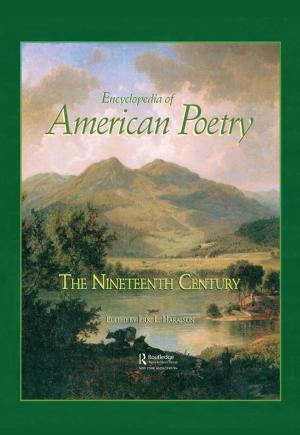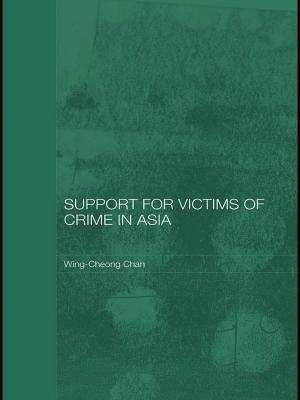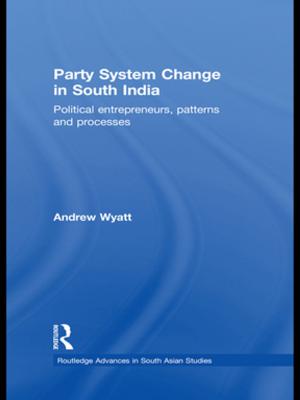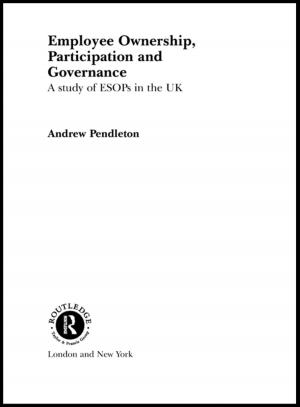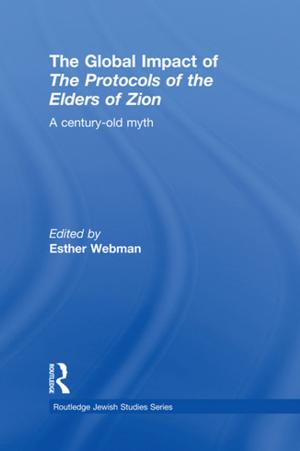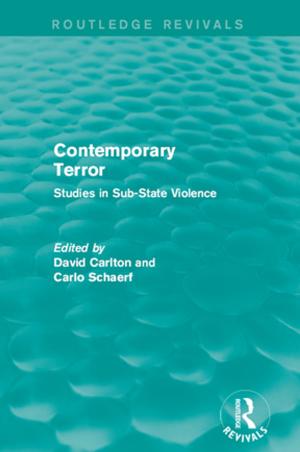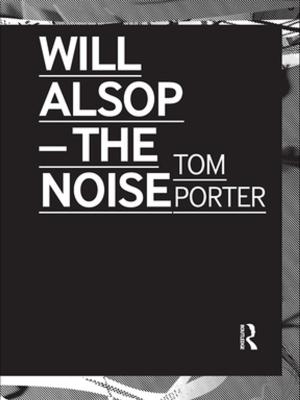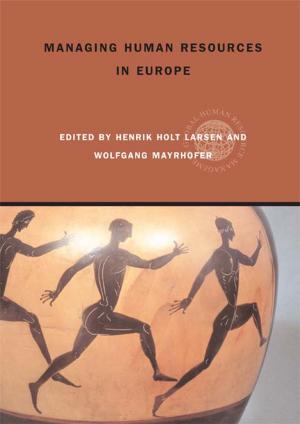Language and Revolution in Burke, Wollstonecraft, Paine, and Godwin
Fiction & Literature, Literary Theory & Criticism| Author: | Jane Hodson | ISBN: | 9781351923415 |
| Publisher: | Taylor and Francis | Publication: | March 2, 2017 |
| Imprint: | Routledge | Language: | English |
| Author: | Jane Hodson |
| ISBN: | 9781351923415 |
| Publisher: | Taylor and Francis |
| Publication: | March 2, 2017 |
| Imprint: | Routledge |
| Language: | English |
The Revolution in France of 1789 provoked a major 'pamphlet war' in Britain as writers debated what exactly had happened, why it had happened, and where events were now headed. Jane Hodson's book explores the relationship between political persuasion, literary style, and linguistic theory in this war of words, focusing on four key texts: Edmund Burke's Reflections on the Revolution in France, Mary Wollstonecraft's A Vindication of the Rights of Men, Thomas Paine's Rights of Man, and William Godwin's Enquiry Concerning Political Justice. While these texts form the core of Hodson's project, she ranges far beyond them to survey other works by the same authors; more than 50 contemporaneous books on language; and pamphlets, novels, and letters by other writers. The scope of her study permits her to challenge earlier accounts of the relationship between language and politics that lack historical nuance. Rather than seeing the Revolution debate as a straightforward conflict between radical and conservative linguistic practices, Hodson argues that there is no direct correlation between a particular style or linguistic concept and the political affiliation of the writer. Instead, she shows how each writer attempts to mobilize contemporary linguistic ideas to lend their texts greater authority. Her book will appeal to literature scholars and to historians of language and linguistics working in the Enlightenment and Romantic eras.
The Revolution in France of 1789 provoked a major 'pamphlet war' in Britain as writers debated what exactly had happened, why it had happened, and where events were now headed. Jane Hodson's book explores the relationship between political persuasion, literary style, and linguistic theory in this war of words, focusing on four key texts: Edmund Burke's Reflections on the Revolution in France, Mary Wollstonecraft's A Vindication of the Rights of Men, Thomas Paine's Rights of Man, and William Godwin's Enquiry Concerning Political Justice. While these texts form the core of Hodson's project, she ranges far beyond them to survey other works by the same authors; more than 50 contemporaneous books on language; and pamphlets, novels, and letters by other writers. The scope of her study permits her to challenge earlier accounts of the relationship between language and politics that lack historical nuance. Rather than seeing the Revolution debate as a straightforward conflict between radical and conservative linguistic practices, Hodson argues that there is no direct correlation between a particular style or linguistic concept and the political affiliation of the writer. Instead, she shows how each writer attempts to mobilize contemporary linguistic ideas to lend their texts greater authority. Her book will appeal to literature scholars and to historians of language and linguistics working in the Enlightenment and Romantic eras.

